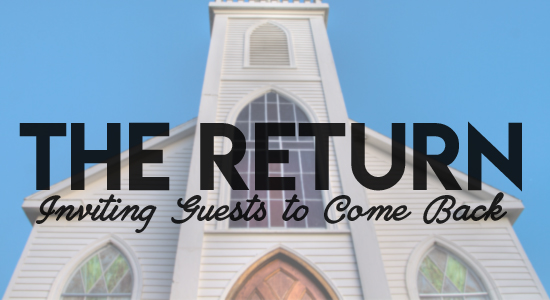 Getting in the diamond with your guests may be easier than you think! If you are going to succeed with your group, relationships are extremely important. You want to know you are connecting with guests, and ensure that your relationship is inside their circle of awareness. So what does that look like/mean?
Getting in the diamond with your guests may be easier than you think! If you are going to succeed with your group, relationships are extremely important. You want to know you are connecting with guests, and ensure that your relationship is inside their circle of awareness. So what does that look like/mean?
Most group leaders make a follow-up phone call and most churches send a letter. It would seem that leaders are concerned about getting too close too soon, when we actually want to get close quickly. We want our guests to come back next week!
In contrast, I have learned most people come back to a group if there was more than a call or letter. Numerous times a guest has told me they came back because someone in the group:
- Visited them
- Invited them to lunch
- Invited them to a fellowship activity
- Invited them to go to an event with them
- Offered to sit with them in worship
Three weeks ago, we had guests in our group and I was thrilled to see what happened:
- The group leader took time for everyone to introduce themselves.
- As the group dismissed at least three families went over to get better acquainted.
- One family sat with them during worship.
- I heard a family invite them to lunch even though they had several children.
By the way, they came back, and stayed for a church fellowship on their second Sunday.
Tom Belew is the Small Groups & Childhood Specialist for the California Southern Baptist Convention.



